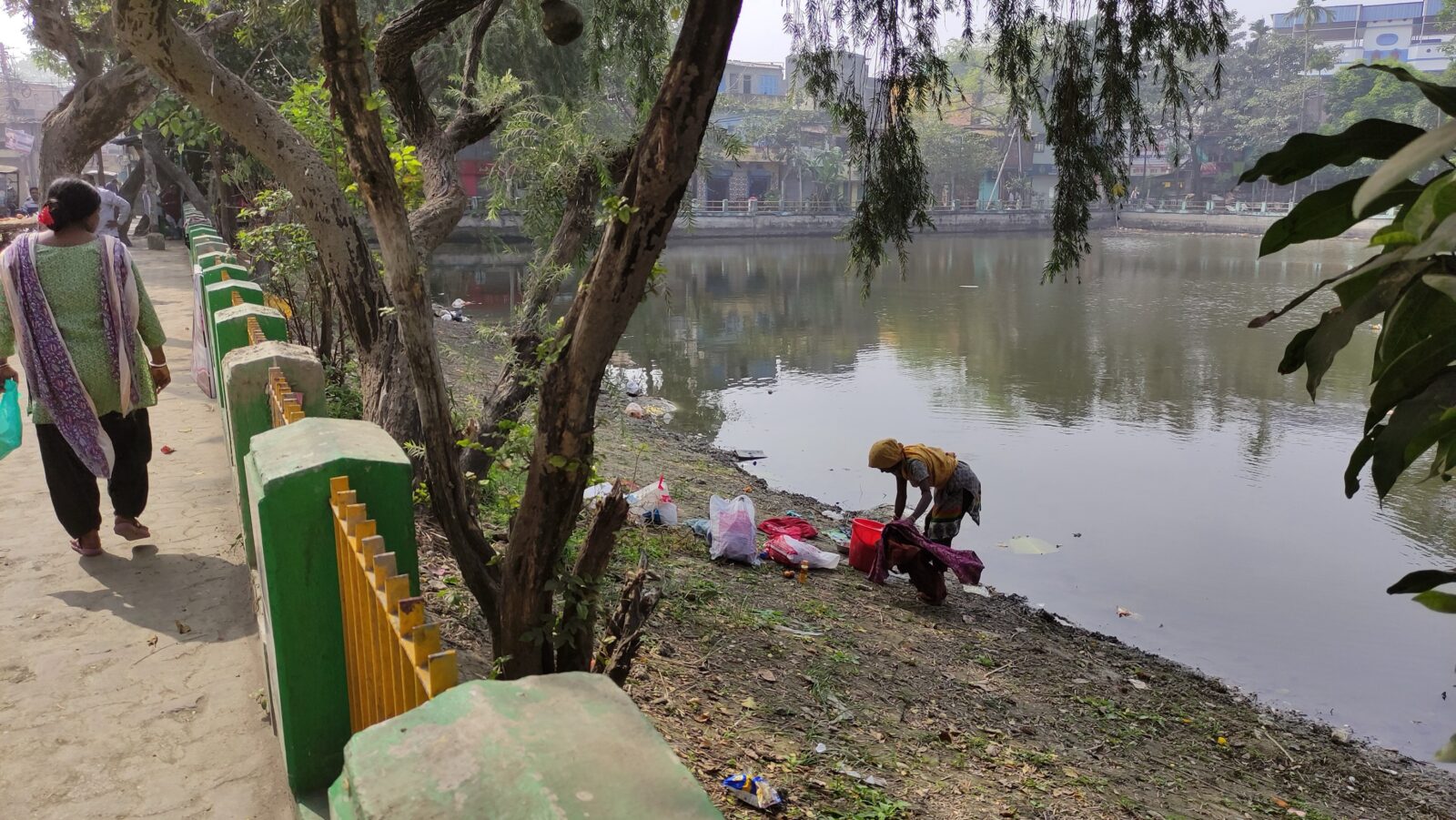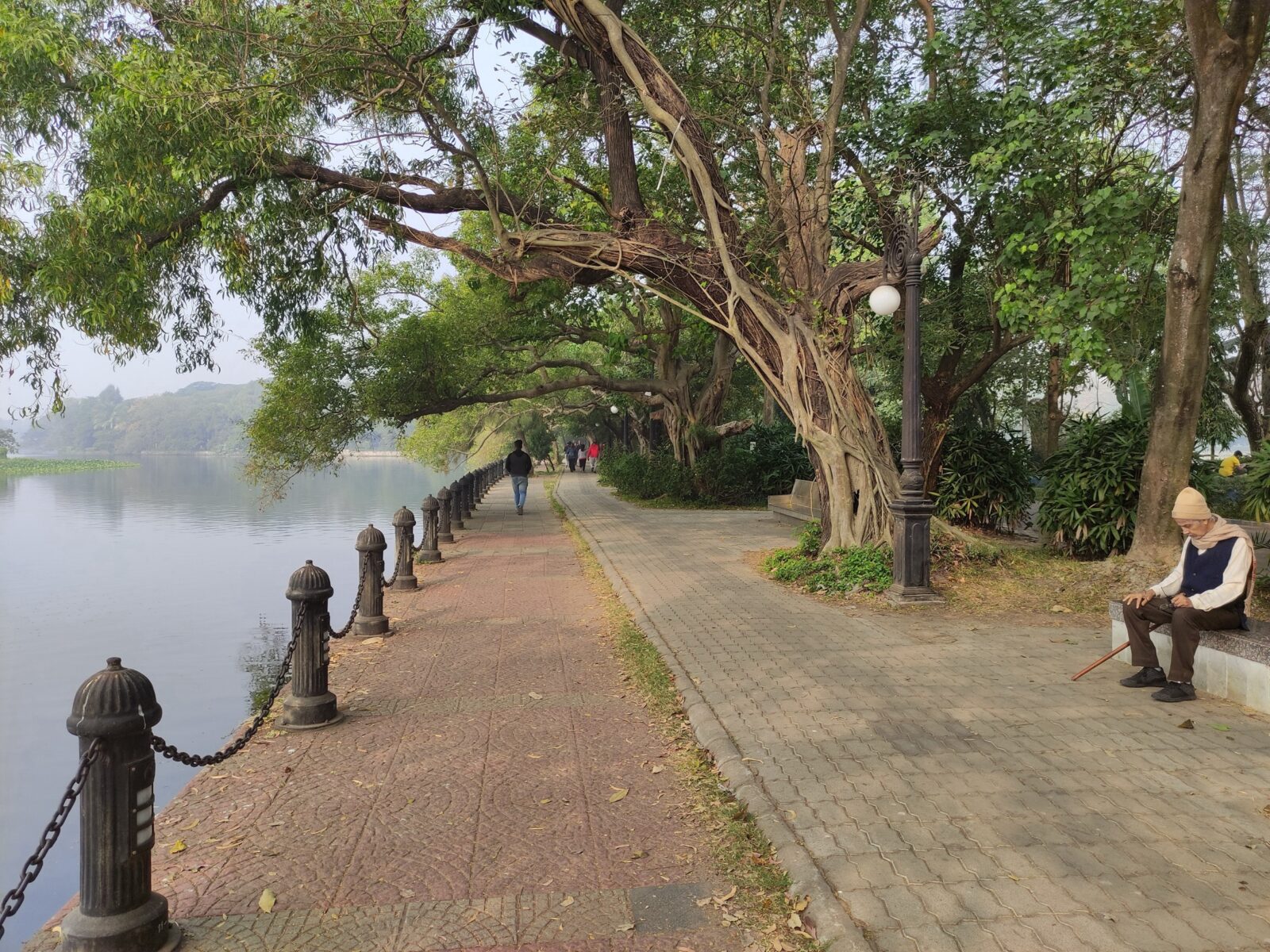Ripin Kalra Research

Kolkata, India

Strengthening Research Linkages on Urban Water and Wastewater
Funded by Research Office Research Development Award (RDA) 2022-24
Water scarcity in cities and the role of urban waterbodies and other nature-based solutions is a critical area for sustainable planning research. Despite being backed by several UN Sustainable Development Goals, much research and implementation work remains to be done on the ground. At the same time, the limitations of centralised utility-led models for delivering water and wastewater services are coming under close scrutiny with a push to explore more sustainable, decentralised models of community-led delivery of such services.
One topic of investigation has been the water and wastewater practices within urban areas. Focusing on regions of lower economic development but spanning all areas of the globe, this research aims to understand and develop techniques to tackle water management suitable to specific territories as part of a wider network of research.
Starting in the state of West Bengal, the research trip to India transected the country, stopping in towns to observe water and wastewater management practices on the journey west. Despite beginning in the state described as having the most abundant number of waterbodies of India, the latitude the research investigation followed towards the state of Gujarat, meant crossing one of the country’s driest belts.
In Kolkata, the state capital of West Bengal, waterbodies are valued by ordinary citizens as a place to farm fish, an important part of their diet. This need for sustenance also helped to sustain the waterbodies against other pressures of urbanisation. Further west, the city of Sambalpur is home to the Hirakud Dam. Built in the 1950s, it has created one of the largest human-made lakes in the world and has transformed one of the driest parts of India into a rice exporting area and a significant recreational zone.
A different element of water management was demonstated in Raipur, the capital of Chattisgarh state, where examples of public-private partnership were visible in the repair and management of an urban lake. While the long tradition of intricately designed step-wells for water storage were present in Gujarat state.
This picture of how urban waterbodies can be put to various uses, managed through different means, and provide wider social and environmental benefits forms the base for further research and collaboration with colleagues from a number of international organisations and research centres.
